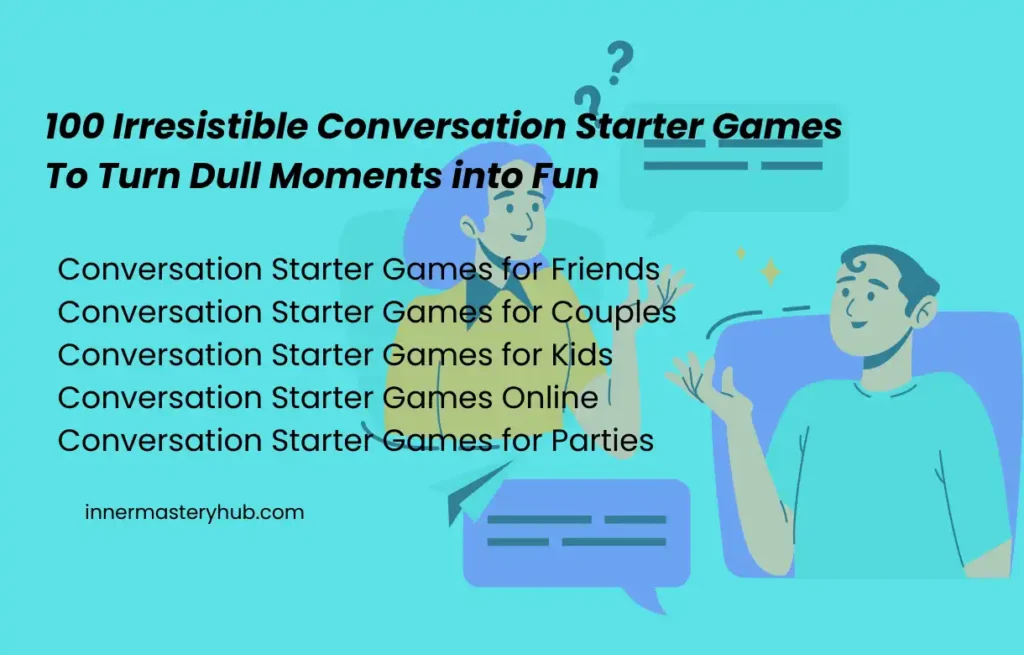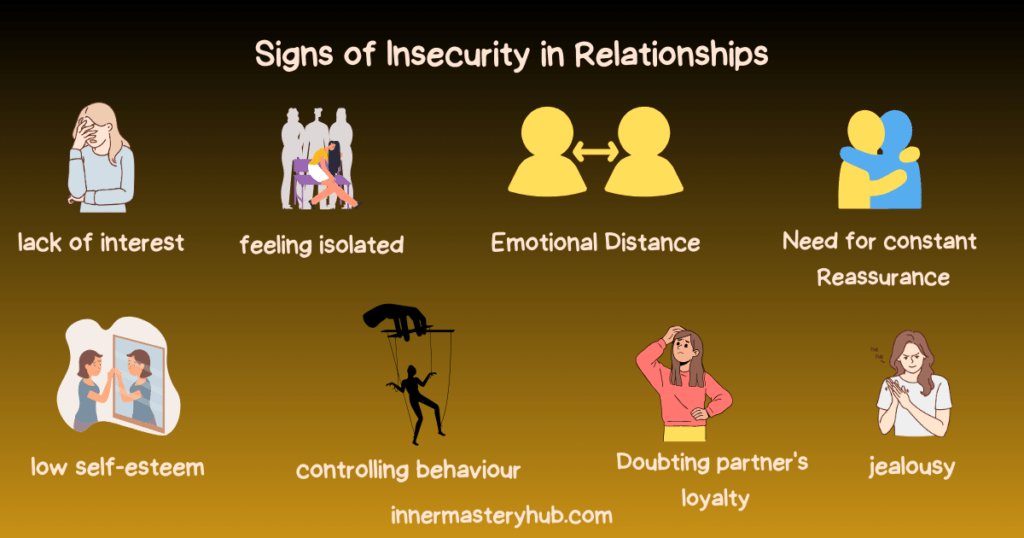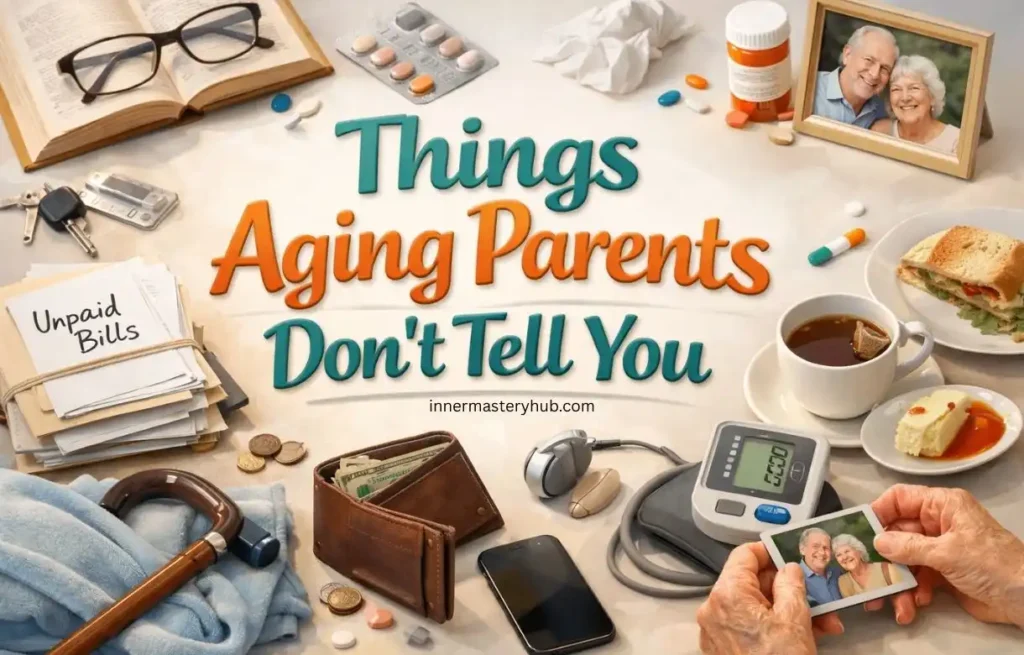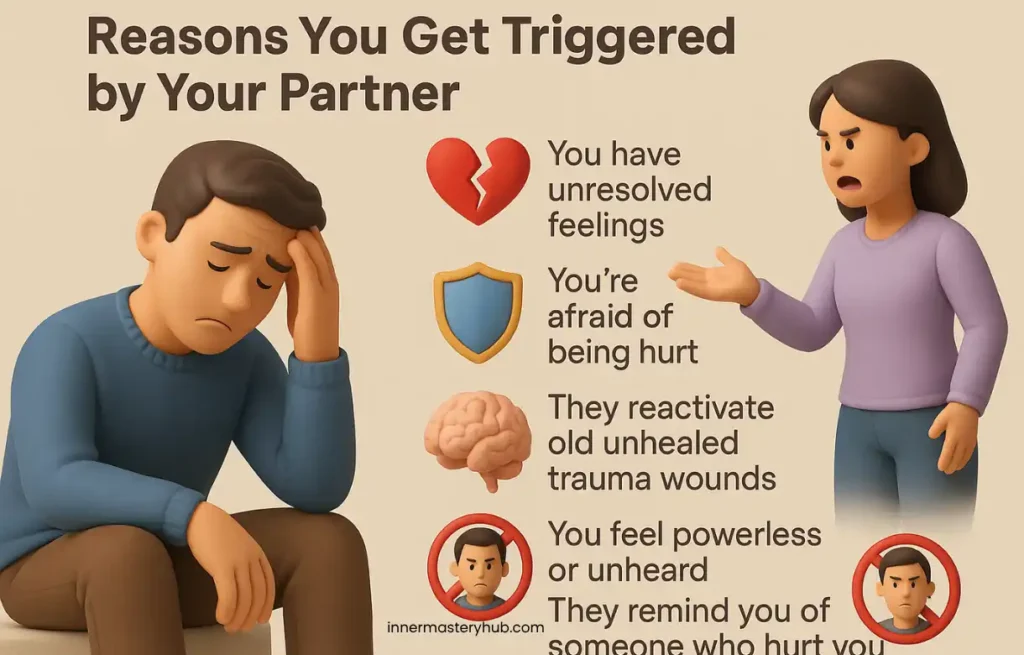11 Reasons Social Media Validation Feels So Good While Harmful

In a society dominated by social media, validation has turned into the currency of power. If you’re an aspiring influencer, business owner, or someone who wants to be taken seriously online, it’s essential to understand social media validation.
In this blog article, we will explore the art and science of validation and look at methods that can help you improve your online presence. Let’s embark on this journey together and learn the keys to success on social media!
What is Social Media Validation
Gaining recognition, credibility, and trust on online networks is referred to as social media validation. Through various strategies, it entails building your authority, knowledge, or influence in a specific industry or field. The following are some crucial elements of social media validation:
- Social media sites such as Facebook, Instagram, and Twitter enable users to verify the identities of brands, public figures, and celebrities by using verification badges, which often feature a blue checkmark. These badges show that the account is legitimate and linked to a well-known person or group.
- High levels of interaction (number of likes and comments) on your posts show that your audience finds value in what you’re saying. That’s a sign that what you share has worth for other people, which is affirmation. Regularly share valuable, informative, or entertaining content. High-quality posts contribute to your validation.
- Although having a large number of followers doesn’t ensure quality, it can increase your credibility. But sincere affirmation cannot come from false followers; authenticity is essential.
- When other respected individuals or brands endorse or collaborate with you, it validates your credibility and enhances your reputation. Influencer partnerships, guest posts, or shout-outs can boost your profile.
11 reasons you’re trapped in the loop of Social Media Validation
1. You crave approval.
Humans naturally want acceptance. Every like or comment feels like proof you matter, giving a quick mood boost. Over time, your brain starts linking self-worth to social reactions instead of genuine confidence, causing you to continue posting in search of more approval.
2. Dopamine addiction.
Each notification releases dopamine—the brain’s “feel-good” chemical. This short-term pleasure becomes addictive, making you crave more likes, comments, and shares. You return to social media again and again, chasing that same rush of happiness that fades almost instantly.
3. Comparison culture.
Scrolling makes you compare your life with others’ highlight reels. You start to believe that everyone else is happier, more attractive, or more successful. This constant comparison lowers self-esteem and keeps you posting to prove you’re doing well, too.
4. Fear of missing out (FOMO).
Seeing others’ updates can trigger anxiety about not being part of the fun. You post and engage more to feel included, creating a cycle where online presence replaces real-life experiences.
5. Validation replaces self-worth.
When likes define how you feel about yourself, absolute confidence fades. Instead of believing in your value, you start relying on others’ feedback to feel okay. This makes you post more often to feel seen and valued.
6. Social pressure.
Friends and influencers seem constantly active online. To “fit in,” you follow the trend, posting regularly even when you don’t want to. The fear of being forgotten drives you to continue performing in the hope of gaining attention.
7. Instant gratification.
Social media rewards you instantly — likes, views, or comments appear seconds after posting. This instant response feels satisfying, unlike real-world achievements that take time. The ease of a quick reward keeps you hooked.
8. Algorithm manipulation.
Platforms are designed to keep you scrolling. The more you interact, the more your content is shown — and the more validation you get. This design traps you in a cycle of posting to stay visible.
9. Escaping real emotions.
Sometimes you post or scroll to distract yourself from stress, loneliness, or insecurity. But this only offers temporary relief, pushing you deeper into seeking digital comfort through likes and reactions.
10. Identity built online.
You begin shaping your image around what gets attention — filters, trends, perfect captions. Gradually, you lose touch with your true self, becoming more focused on how you’re seen rather than who you are.
11. Lack of real connection.
Online validation feels like a connection, but it’s often shallow. Genuine relationships require time and vulnerability. When your primary source of interaction becomes digital praise, loneliness persists despite having numerous followers and engagement.
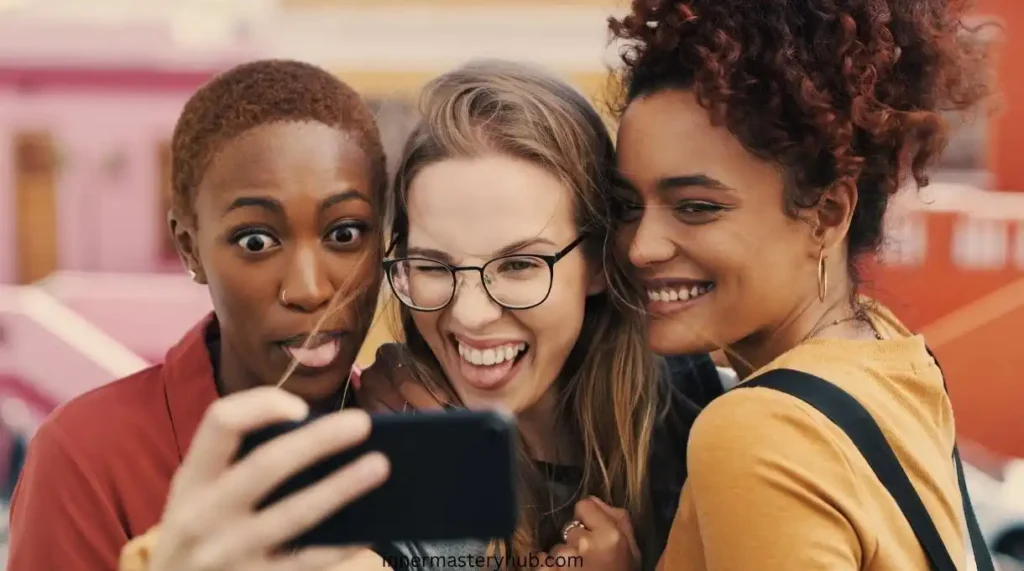
Who Wants Social Media Validation
You, my friend, want social media validation! Yes, you—the one scrolling through feeds, posting pics, and sharing witty memes.
Why? Let’s break it down:
- The Popularity Seeker
- It’s true that you secretly long for those double-taps. It resembles an electronic high-five. “Look at me, world! “I am real!” The ringing of the notification bell makes your heart skip a beat. “Ding!” Verification was accomplished.
- The Influencer Wannabe
- You secretly hope to become an influencer. Imagine the devoted fans, the brand partnerships, and the celebrity. You even use the bathroom mirror to practice your poses. #InstaGoals
- The Business Hustler
- You’re not here to have fun, are you? Not at all. You’re working hard. “CEO of Life” screams from your bio. You plan, evaluate, and maximize. Each follower has the potential to become a customer. Cha-ching!
- The Silent Observer
- You watch in silence, lurking in the shadows. You see everything, even though you don’t post much: the cat videos, the trends, the drama. Like a social media ninja, you are.
Stop seeking validation from social media users.
Using social media validation can have both positive and negative effects. Positively, it can boost self-esteem and provide a sense of belonging and connection with others, which is a basic human demand.
However, it can also compare anxiety, insecurity, and dependency on external approval for self-worth. Over time, getting validation behavior may impact mental health and distort perceptions of reality.
We can evaluate ourselves against others via social comparison. Observing people with seemingly ideal lives can make one feel inadequate. When we compare our real lives to carefully constructed online personas, the ongoing demand for validation and acceptance can lead to insecurity.
- The need for social validation has been linked to increased anxiety and depression. When we rely on others’ approval for self-validation, it can lead to self-doubt and negative emotions.
- People who become dependent on social media validation tend to engage in excessive reassurance-seeking behaviors rather than seeking internal validation.
- Some people become dopamine addictive, a chemical of pleasure—a means of improving their self-confidence, when they get likes and comments.
- Seeking affirmation turns into a coping strategy for poor mental health, including loneliness, body image issues, fear of missing out, and family disputes.
7 simple ways to deal with Social Media Validation
1. Limit Screen Time
Set daily time limits for social media. Use apps or phone settings to track usage. The less you scroll, the less you rely on likes for happiness. Replace that time with hobbies or honest conversations.
2. Post with Purpose
Before posting, ask yourself, “Why am I sharing this?” If it’s only for likes or approval, pause. Post things that genuinely reflect you or add value, not just what you think others want to see.
3. Stop Comparing Yourself
Everyone shares their best moments online — not their struggles. Remember, social media is a highlight reel, not real life. Focus on your own growth instead of comparing your journey to someone else’s.
4. Take Regular Breaks
Try “digital detox” days or weekends without social media. It helps you reset your mind, reduce anxiety, and reconnect with real-world experiences that bring lasting joy, rather than short-lived validation.
5. Build Self-Worth Offline
Do things that make you feel proud without needing online applause — exercise, learn something new, volunteer, or spend time with loved ones. Genuine self-esteem grows from taking action, not from receiving attention.
6. Curate Your Feed
Unfollow accounts that make you feel inadequate or pressured. Follow pages that inspire, educate, or make you feel good about yourself. A positive feed helps shift your mindset toward balance and gratitude.
7. Self-Awareness
Notice your emotions when you post or scroll. Are you happy, anxious, or seeking validation? Recognizing these patterns helps you take control instead of letting social media control you.
FAQs about Social Media Validation
What is social media validation?
It’s the sense of approval or worth we get from others based on likes, comments, shares, or follower counts on social platforms.
Why do people seek validation on social media?
Because humans naturally crave social acceptance and connection, social media offers quick and measurable signs of approval.
Is seeking validation on social media harmful?
It can be. If self-worth becomes overly tied to online feedback, it may lead to anxiety, low self-esteem, or mood issues.
How does social media validation affect mental health?
Receiving fewer positive responses online can make someone feel rejected or less worthy; lots of approval can boost mood—but it’s often temporary.
What are the signs you’re using social media for validation?
You might obsessively check how many likes a post gets, feel upset if you don’t get much feedback, or post something mainly to get approval.
How can you stop depending on social media validation?
Set time limits, remember your worth isn’t defined by online metrics, focus on real-world connections, and practice self-acceptance.
Does validation on social media matter for friendships and relationships?
Yes—sometimes posts become more about showing than being. Relationships can suffer if validation from an audience takes precedence over a genuine connection.

